More than 73,000 households lack domestic water due to drought and salinity in the Mekong Delta
According to the Department of Irrigation, saline intrusion in the Mekong Delta is likely to have passed its peak of the dry season (occurring on March 10-13). It is forecasted that the next saline intrusion will occur at a lower level than on March 10-13 but will still remain at a relatively high level, with the impact lasting until the end of April 2024. High saline intrusion is expected to occur on April 7-11 and April 23-27.
In the area of the two Vam Co rivers, salinity intrusion continues to increase, the salinity boundary of 4 g/l extends 85-90 km deep on the Vam Co river and is likely to peak in April and continue to remain high until May 2024. The periods of high salinity intrusion are on April 7-11, April 23-27, and May 6-10.
"In general, the actual developments of saline intrusion are consistent with the information provided by agencies under the Ministry of Natural Resources and Environment and the Ministry of Agriculture and Rural Development since September 2023. During the remaining period of the dry season, if upstream reservoirs operate with abnormally reduced discharge, saline intrusion may increase higher than forecast," said the Department of Irrigation.
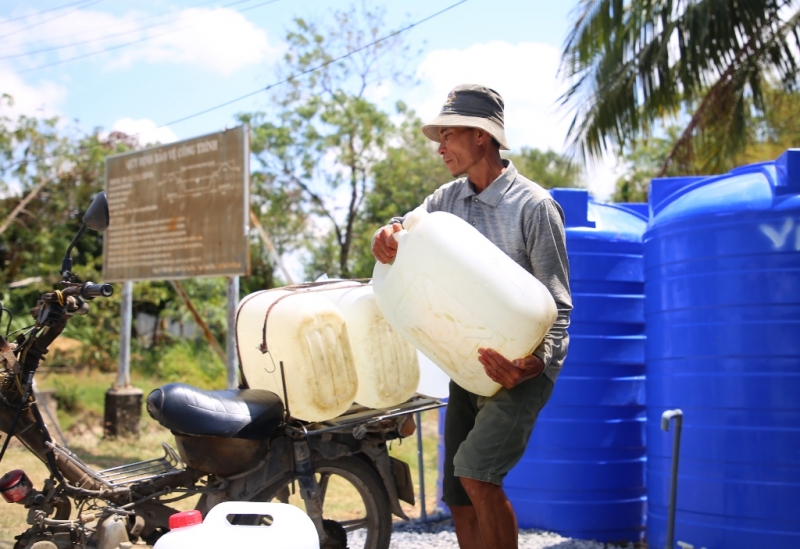
People in Tan Phu Dong and Go Cong Dong districts, lacking water for daily use, have to go to public taps to collect water by the can. Photo: Nguyen Hanh
In September 2023, the Ministry of Agriculture and Rural Development identified the initial risk areas affected by saltwater intrusion. Accordingly, a total of about 56,260 hectares of winter-spring rice and 43,300 hectares of fruit trees were recommended by the Ministry of Agriculture and Rural Development to be in the risk areas affected by saltwater intrusion.
With the solutions that have been implemented , the entire rice area in the recommended area has been pushed forward in season, has been harvested or is in the ripening stage (water cut), ensuring no damage, and the fruit growing areas are still safe.
As of April 6, the winter-spring rice crop in the Mekong Delta has harvested 1,304,301ha/1,488,182ha of sown rice, reaching 87.6%. The remaining unharvested area is about 183,881ha; of which, only about 300ha ( Soc Trang 250ha, Ben Tre 50ha) are at risk of reduced productivity. In addition, 43ha of rice in Soc Trang province have been completely lost, these are areas where people spontaneously sowed rice, not following the recommendations for safe production zoning.
Regarding rural domestic water, 73,900 households lack domestic water in the provinces of Tien Giang 8,800 households (Go Cong Dong, Tan Phu Dong districts), Long An 4,900 households (Can Duoc, Can Giuoc districts), Ben Tre 25,000 households (Binh Dai, Ba Tri, Thanh Phu, Mo Cay Nam, Mo Cay Bac, Giong Trom, Chau Thanh districts), Soc Trang 6,400 households (Tran De, Long Phu, Cu Lao Dung, My Xuyen, Vinh Chau, Nga Nam districts), Bac Lieu 4,900 households (Hoa Binh, Dong Hai, Hong Dan, Vinh Loi districts), Kien Giang 20,000 households (Ha Tien, Kien Hai, Phu Quoc, Kien Luong, Giang Thanh, Hon Dat, Tan Hiep, Chau Thanh, Giong Rieng, Go Quao, U Minh Thuong, Vinh Thuan, An Bien, An Minh districts) and Ca Mau 3,900 households (U Minh, Thoi Nam districts). Binh, Tran Van Thoi).
Residential areas are lacking water due to the decline of underground water sources, not being able to supply as required such as the lower areas of Can Duoc, Can Giuoc, Long An province, U Minh, Tran Van Thoi districts, Ca Mau province; surface water sources at some centralized water supply works are contaminated with salinity exceeding the allowable threshold such as water supply works in Ben Tre and Tien Giang provinces; fresh water sources are not enough due to drought such as water supply works in Long Cang and Long Dinh communes, Can Duoc district, Long An province; and households living in scattered areas affected by saltwater intrusion and not yet supplied with water from centralized water supply works and lacking tools to store enough fresh water for use during periods of water shortage and saltwater intrusion in Long An, Tien Giang, Ca Mau and Kien Giang provinces.
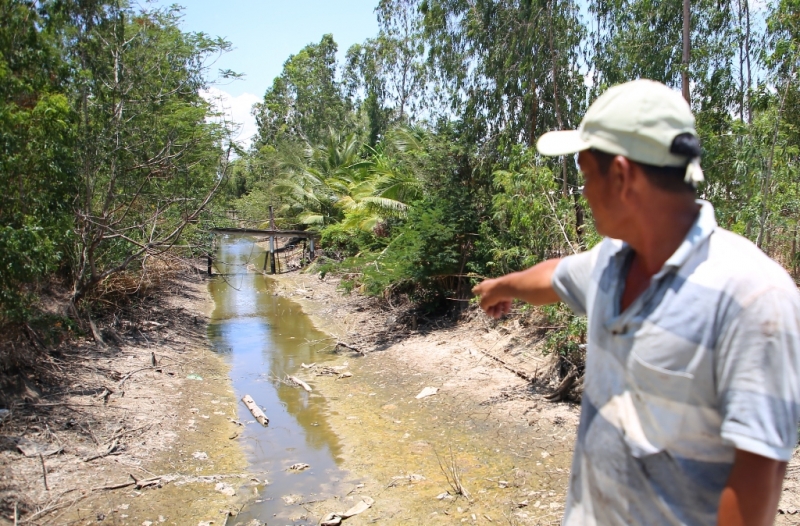
Many canals in the eastern districts and towns of Tien Giang province are running dry. Photo: Nguyen Hanh
According to the assessment of the Department of Irrigation, in recent times, localities have developed plans to prevent and combat drought and saltwater intrusion, proactively organized solutions according to the direction of the Prime Minister and the Ministry of Agriculture and Rural Development. Up to now, the damage has been very low compared to the impact of drought and saltwater intrusion.
The entire rice area at risk of being affected by saline intrusion in coastal provinces has its planting season moved forward from October and November, ending in December 2023. Through the agricultural weather bulletin and the handbook on water storage in saline intrusion conditions issued by agencies under the Ministry of Agriculture and Rural Development (Department of Crop Production, Department of Irrigation), fruit tree areas are proactively storing water to ensure adequate supply during periods of high saline intrusion. Up to now, the entire crop area recommended in the affected area has been safely protected.
The Ministry of Agriculture and Rural Development has also synchronously deployed solutions to provide domestic water to affected households, such as supporting water storage equipment and tools (Ca Mau, Kien Giang, Bac Lieu); establishing public water supply points (Tien Giang: 50 water supply points); organizing rotating water supply (Long An), connecting water supply stations, expanding pipelines (Long An, Tien Giang, Kien Giang, Soc Trang); drilling additional exploitation wells or using existing but temporarily unexploited wells (Long An); using saltwater filtration equipment and monitoring salinity to operate the project properly (Ben Tre).
For the Nguyen Tan Thanh sluice gate construction investment project, the Ministry of Agriculture and Rural Development has directed to accelerate the construction progress by 3 months, put it into operation and exploitation early, contributing to supporting the prevention of salinity, storing fresh water, protecting agricultural production for an area of about 12,580 hectares and creating a source of raw water for domestic water supply plants serving about 800,000 people in Tien Giang province.
The Chairman of the Provincial and City People's Committee is responsible to the Prime Minister if people do not have domestic water.
To proactively respond to upcoming saltwater intrusion, on April 8, Prime Minister Pham Minh Chinh signed Official Dispatch No. 34 on focusing on ensuring domestic water supply for people during peak saltwater intrusion periods in the Mekong Delta.
The Prime Minister requested the Chairmen of the People's Committees of provinces and centrally-run cities in the Mekong Delta region, especially localities with many households affected by saltwater intrusion such as Ben Tre, Tien Giang, Kien Giang, Long An, Soc Trang, Bac Lieu, and Ca Mau provinces, not to be negligent or subjective, to closely monitor the situation, and continue to seriously, resolutely, and effectively implement measures to respond to heat, drought, water shortage, and saltwater intrusion.
Continue to organize reviews and grasp information about the situation of each area, each hamlet, each household in the area at risk of domestic water shortage, especially households living in coastal areas, at the end of water sources, residential areas on islands to have specific and appropriate plans to ensure domestic water for people, resolutely not let people go without domestic water.
Organize a review of freshwater reserves in the area to have a plan to balance and regulate freshwater sources for daily life and production in accordance with actual water conditions in each area. In case it is not possible to meet all water needs, priority must be given to using freshwater sources to supply water for daily life of people and other essential needs.
Proactively arrange local budgets and mobilize other legal financial resources to immediately implement necessary measures appropriate to the specific local situation to ensure fresh water for people's daily life.
The Chairman of the People's Committee of provinces and cities shall be responsible to the Prime Minister if there is a situation where people do not have domestic water.
The Minister of Natural Resources and Environment continues to direct competent authorities to closely monitor developments, forecast, and provide timely and accurate information on water resources and saltwater intrusion in the Mekong Delta so that competent authorities, localities, and people know and proactively implement appropriate preventive and response measures, avoid panic, and avoid being passive and surprised.
The Minister of Agriculture and Rural Development continues to direct the monitoring of developments, specialized forecasts, and provide timely information to localities and people; at the same time, proactively direct and guide localities to implement specific measures to prevent and combat water shortages and saltwater intrusion, limiting the impact on people's lives and agricultural production.
The Minister of Construction coordinates with the Ministry of Agriculture and Rural Development and the People's Committees of provinces and cities in the Mekong Delta region to direct and implement the work of ensuring domestic water supply for people and other essential needs in urban areas and towns.
Faced with the complicated situation of drought and saltwater intrusion, seriously affecting local life and production, along with implementing effective response solutions, the Chairman of Tien Giang Provincial People's Committee has just signed a Decision on announcing the situation of domestic water shortage in the dry season of 2024 in Tan Phu Dong district.
Accordingly, the People's Committee of Tien Giang province assigned the Department of Agriculture and Rural Development to preside over and coordinate with the People's Committee of Tan Phu Dong district and relevant agencies and units to organize the transportation of fresh water (raw fresh water with salinity less than 100 mgCl - / liter) to water reservoirs in Tan Phu Dong district, serving the maintenance of production activities and domestic water for people in the area in accordance with the provisions of law.
In addition, survey and select transportation locations, transportation time, ensure the transportation of fresh water, supply water to water reservoirs to ensure timely supply of domestic water to people in Tan Phu Dong district in a reasonable, effective, economical manner, avoiding waste; closely monitor the salinity situation to consider ending early or extending the time of fresh water transportation.
Source



![[Photo] President Luong Cuong receives delegation of the Youth Committee of the Liberal Democratic Party of Japan](https://vstatic.vietnam.vn/vietnam/resource/IMAGE/2025/8/22/2632d7f5cf4f4a8e90ce5f5e1989194a)
![[Photo] President Luong Cuong attends special political-artistic television show "Golden Opportunity"](https://vstatic.vietnam.vn/vietnam/resource/IMAGE/2025/8/22/44ca13c28fa7476796f9aa3618ff74c4)



![[Photo] Prime Minister Pham Minh Chinh chairs the conference to review the 2024-2025 school year and deploy tasks for the 2025-2026 school year.](https://vstatic.vietnam.vn/vietnam/resource/IMAGE/2025/8/22/2ca5ed79ce6a46a1ac7706a42cefafae)


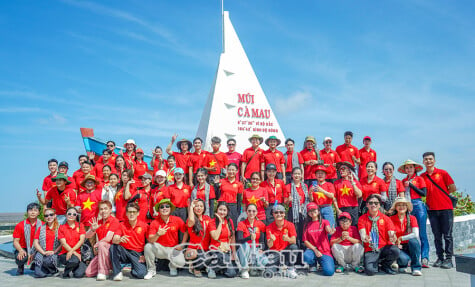



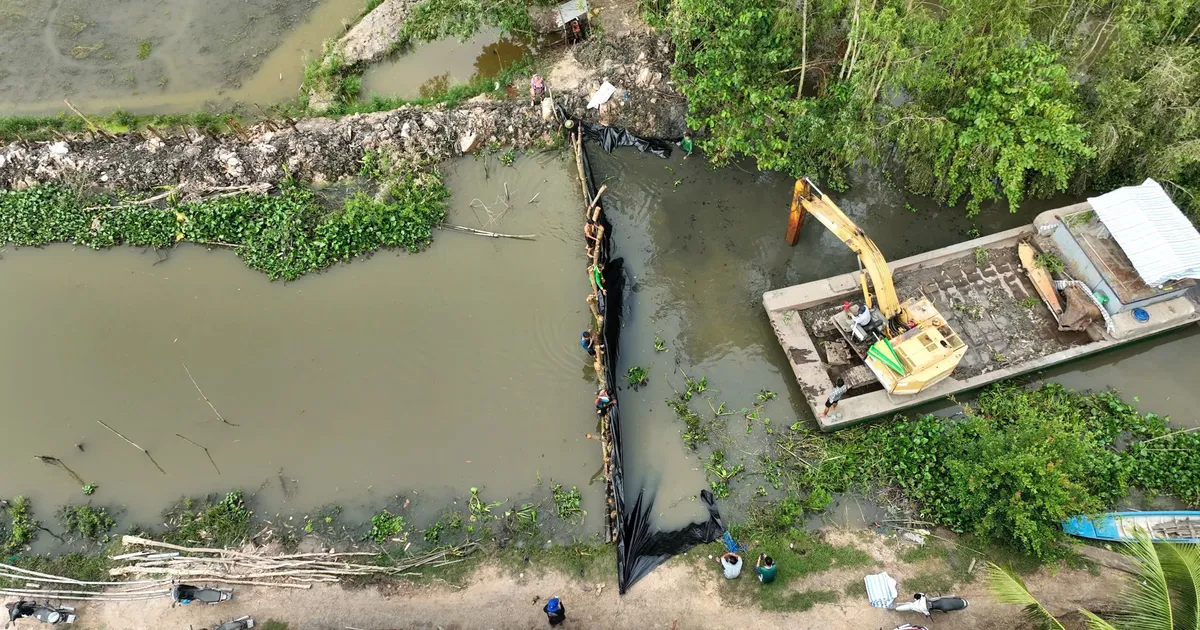





















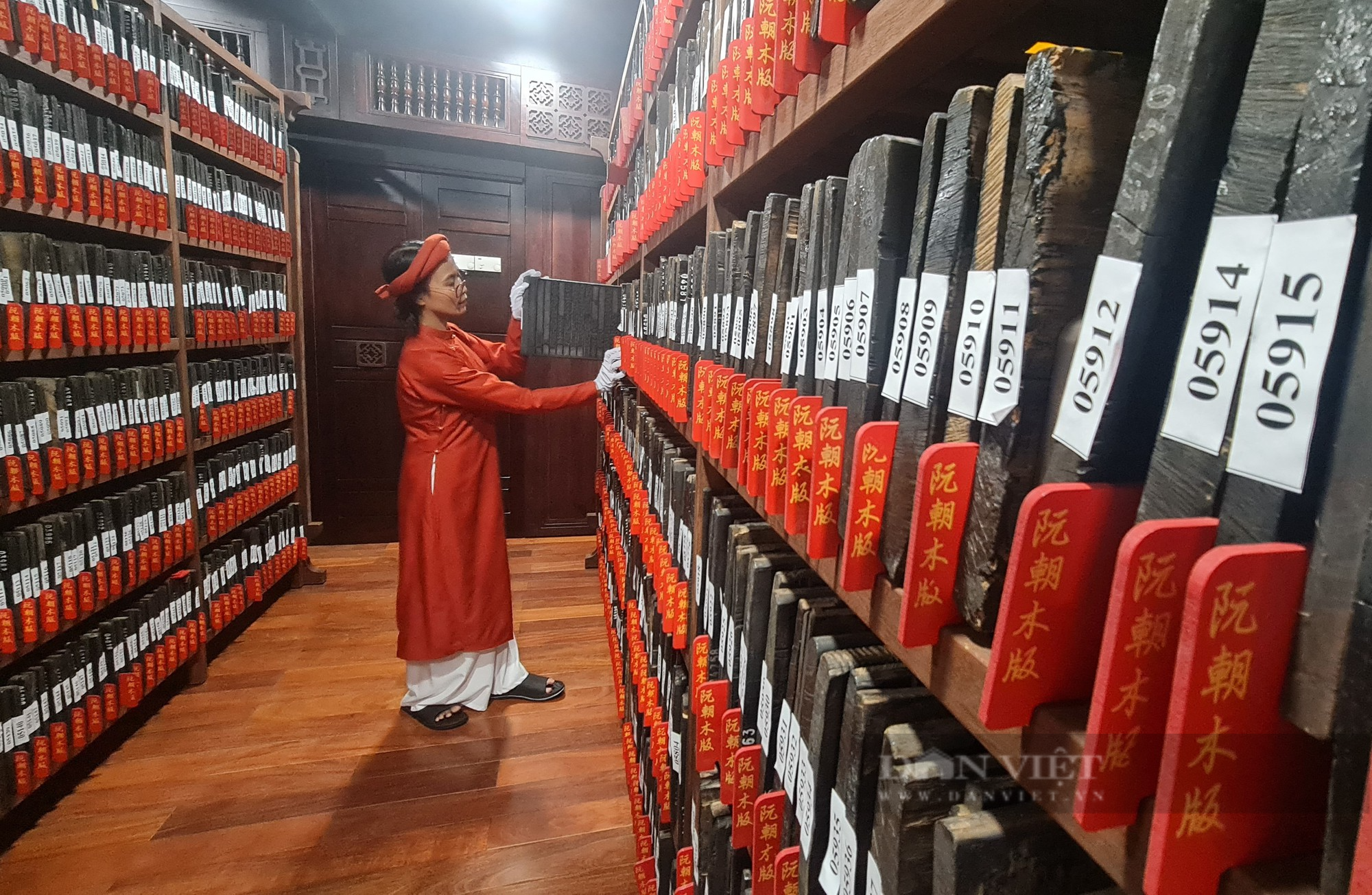
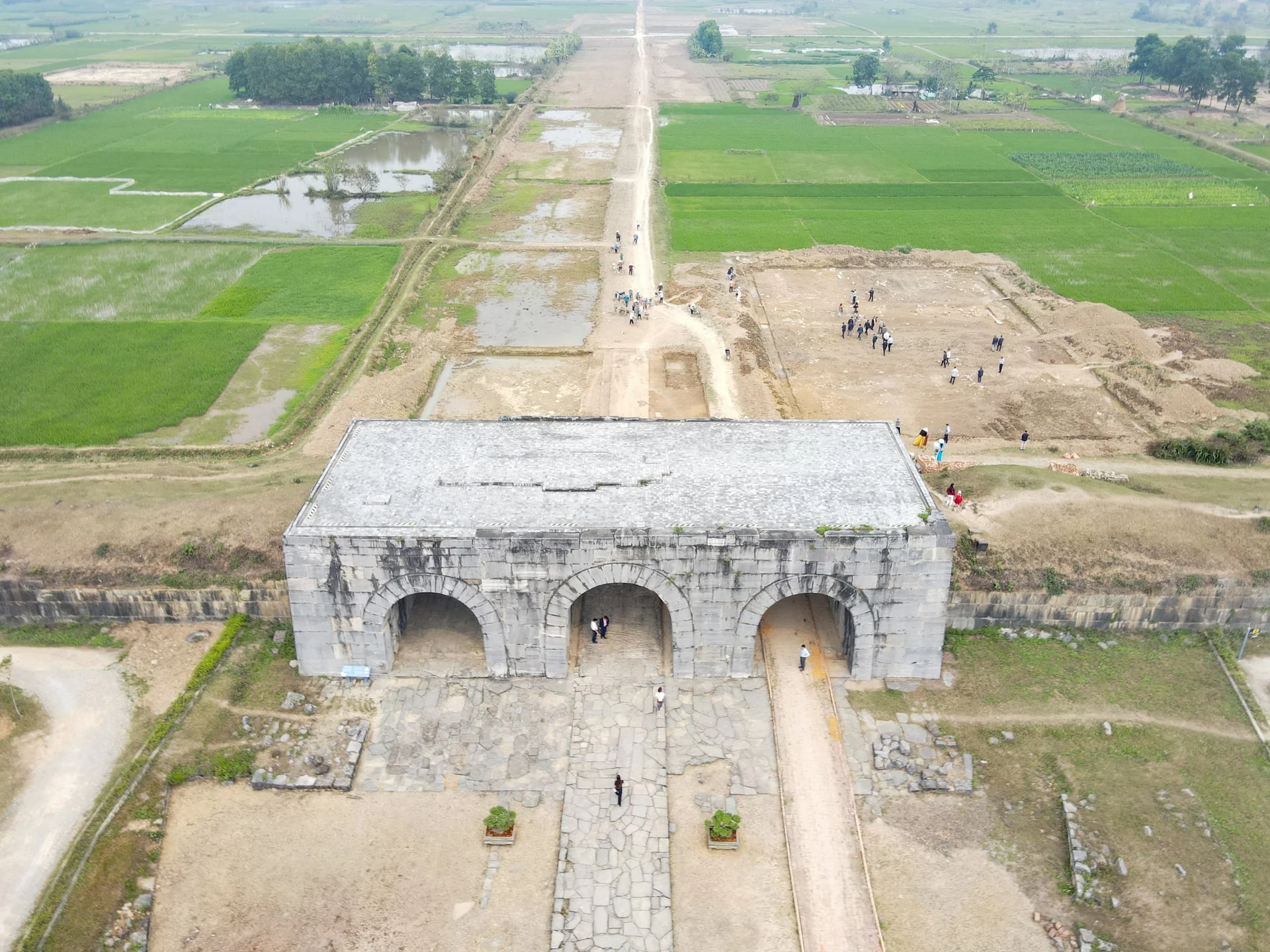


































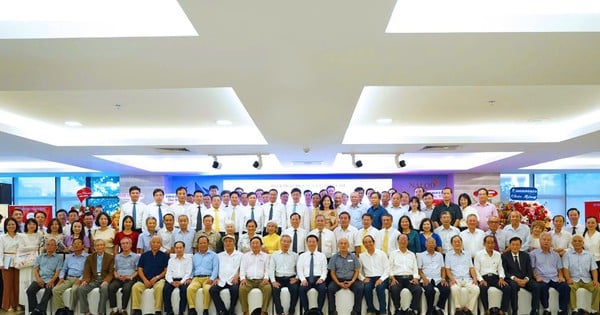

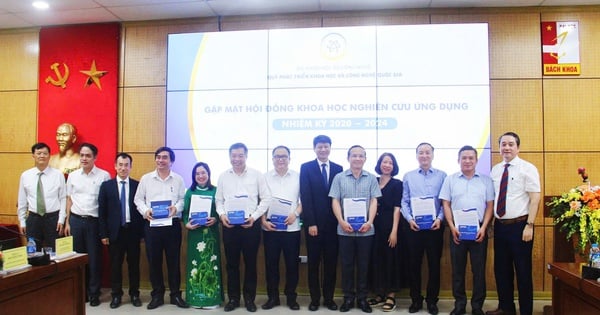





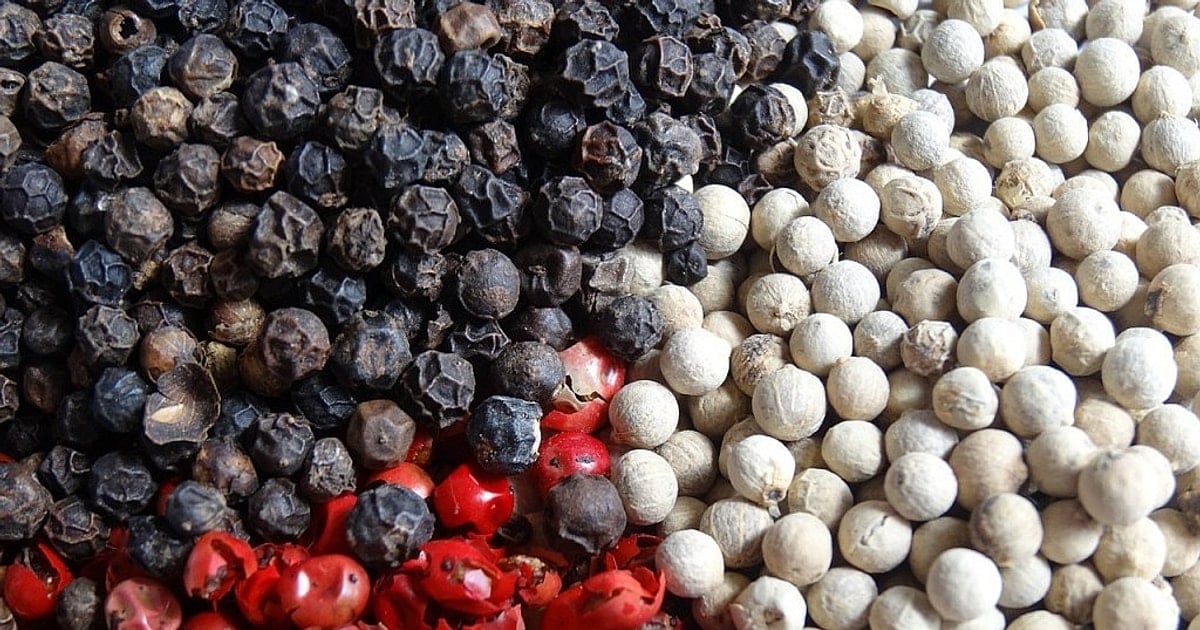

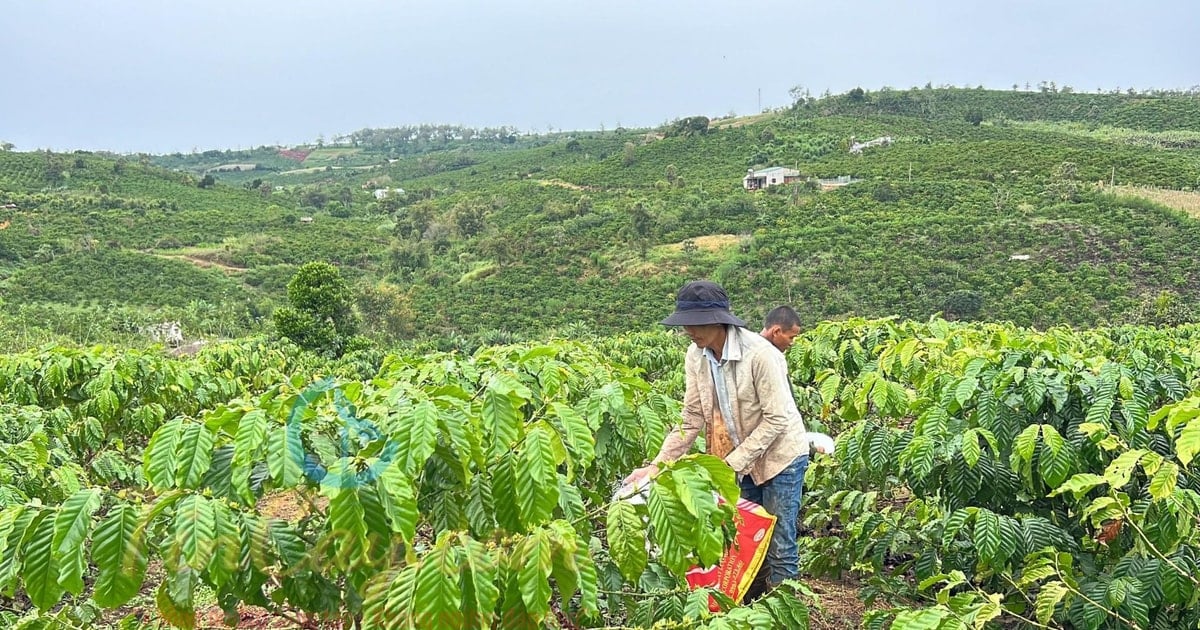
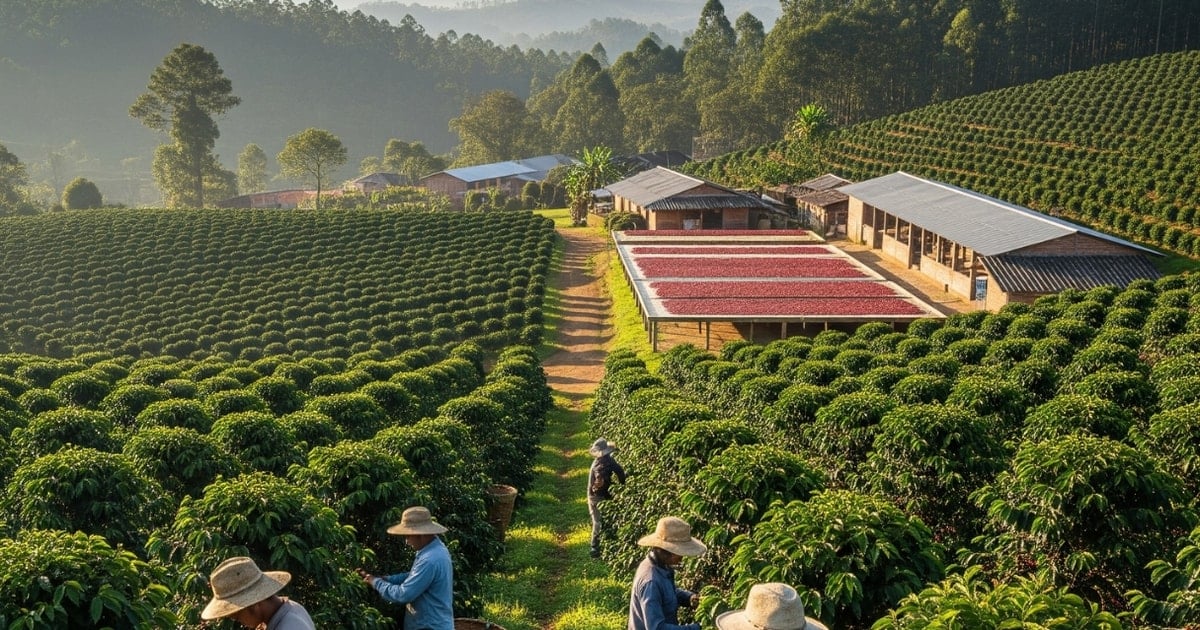

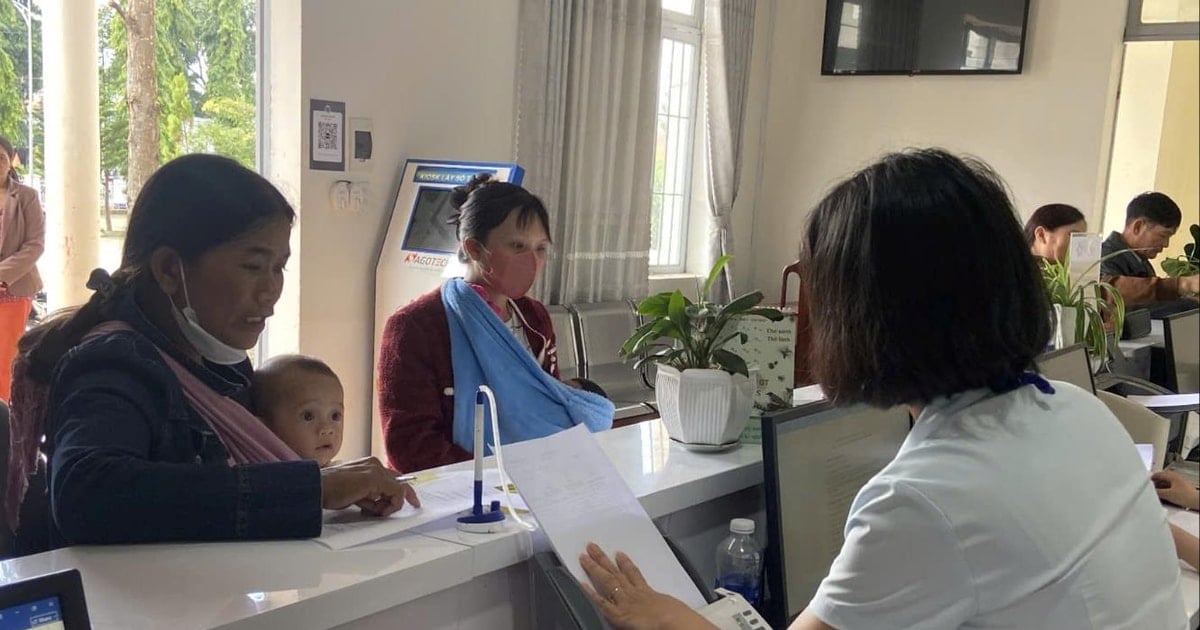


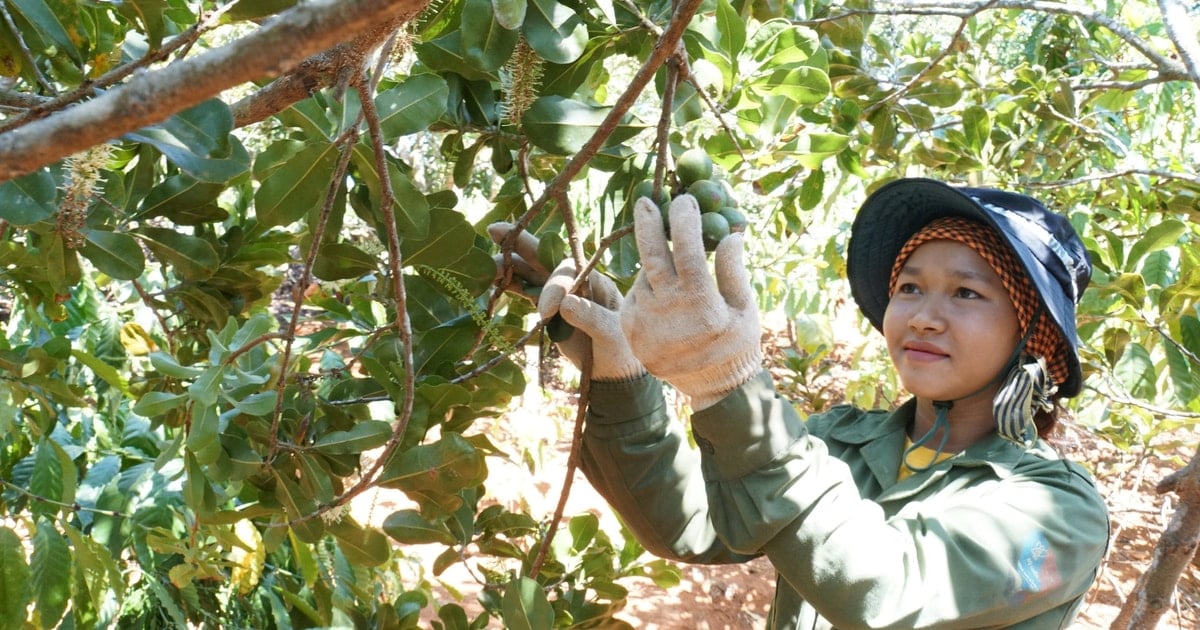














Comment (0)